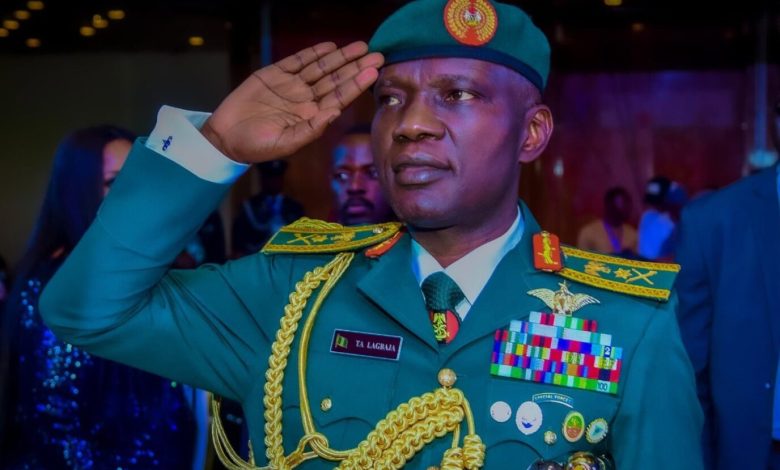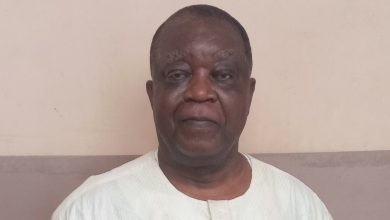Chief of army staff Taoreed Lagbaja dies at 56
Lagbaja has been abroad on annual leave and also undergoing medical treatment for an undisclosed ailment before his passing.

Taoreed Lagbaja, the chief of army staff (COAS), is dead. He was 56 years old.
Lagbaja has been abroad on annual leave and also undergoing medical treatment for an undisclosed ailment before his passing.
President Bola Tinubu appointed the late Lagbaja as the COAS on June 19, 2023.
Before his demise, there were rumours that Lagbaja had died but the army headquaters on October 19 dismissed the insinuations, noting that he was abroad taking treatment.
On October 30, Tinubu appointed Olufemi Oluyede, who was a major general, as the acting COAS.
Bayo Onanuga, the special adviser to the president on information and strategy, said Oluyede would act in the position pending the return of the indisposed Lagbaja, the substantive COAS.
Onanuga on Tuesday confirmed that the president decorated Oluyede with his new rank at the State House.
With the passing of Lagbaja, Oluyede, if confirmed by the senate, will become the substantive army chief.





